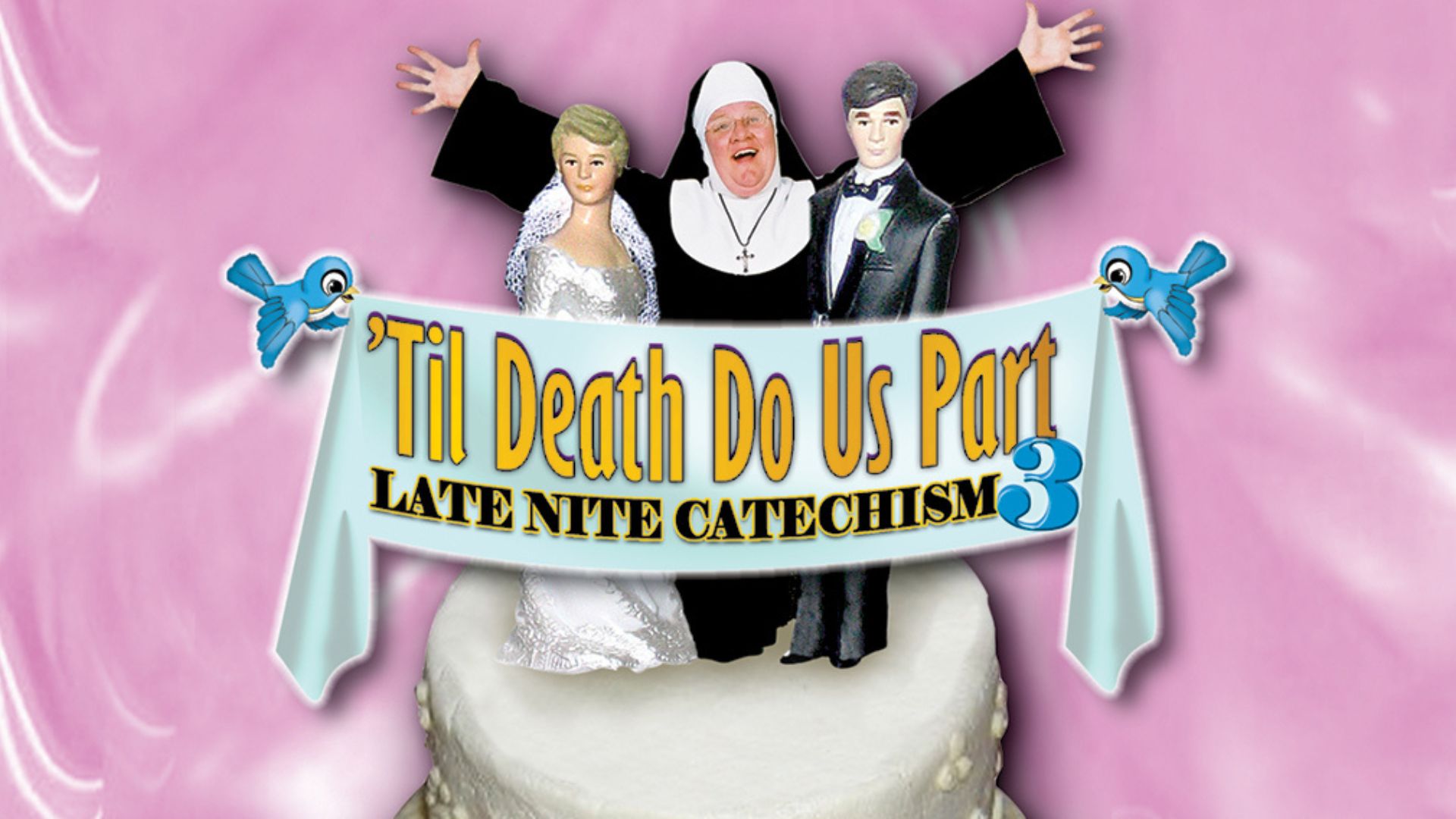By Charles Paolino
originally published: 10/09/2023

If you see only one play this season, make it The Pianist, the first play at the George Street Playhouse in New Brunswick as it marks its 50th anniversary.
This “play with music,” written and directed by Emily Mann, is an intense portrayal of the impact on one family of the German occupation of Warsaw at the beginning of World War II and particularly of pianist-composer Wladyslaw Szpilman.
The play also brings to life in stark terms the consequences of a phenomenon that has ancient roots and thrives in the 21st century—the preposterous anti-Semitism that was latent in Poland before the war and was exploited by the Nazis in their murderous campaign to subjugate all of Europe.
Mann based the play on Szpilman’s memoir, published in 1946 and, in an expanded edition, in 1998. The memoir inspired Roman Polanski’s 2002 Oscar-winning movie, also titled The Pianist.
Szpilman, his parents, and three siblings were living comfortable middle-class lives in pre-war Warsaw, immersed in music and literature. After the invasion, they and all Jews in Warsaw were confined to a ghetto created by the Nazis. All but Szpilman, who was saved from the transport by an abrupt, last-minute intervention by an acquaintance, were sent to the Treblinka death camp and murdered.
Szpilman was forced to do heavy labor in the ghetto. Then, when the Polish population of the city had been wiped out, he darted from one hiding place to another, meanwhile helping a resistance movement that ultimately failed. He was discovered toward the end of the war by a German officer who regretted what his nation had done and helped the fugitive survive until the Germans withdrew from the city.
The excellent cast in this production is led by Daniel Donskoy, an experienced actor born in the Soviet Union, in his first appearance in the United States. Donskoy takes command of the stage, alternately narrating the piece and performing in the scenes. Under Mann’s direction, he effectively projects the breathless terror that the Nazis inspired in individuals like Szpilman and in a whole people. And yet, he also communicates the will to live that sustained him until he could thrive again while the Nazis faded into history.
Donskoy is a trained pianist who performs a classical piece in a moving scene toward the end of the play. In earlier moments, however, one has to imagine the piano as he and others “play.” In a touching passage, Donskoy and actress Charlotte Ewing a student at Chatham Middle School who portrays a neighbor child, join in a “duet” in which their fingers move in sync with the music as though they were touching keyboards.
The actors who portray the Szpilman family effectively project the emotions, which few of us ever experience, of people who are gradually losing control of their lives as their personal possessions and their freedom are taken away. Claire Beckman, as the mother, is particularly stirring as she clings to vestiges of the life they once led.
Several players in this piece take on more than one character, and their skills and Mann’s direction sustain the illusion of different personalities.
Although Szpilman, in a sense, triumphed over the Nazis and went on to a long career in music, this story is unsettling and is meant to be. The spare set by Beowulf Boritt; the projections by S. Katy Tucker; the sound design by Mark Bennett and Charles Coes; the brooding blacks and greys that dominate it all, serve not only to remind us of the genocide in Warsaw more than 80 years ago but also of the genocides that have occurred since then, those occurring now, and those that are possible if not inevitable.
The Pianist is on stage at the New Brunswick Performing Arts Center (11 Livingston Avenue) until October 22, 2023. For more information or to purchase tickets, click here.
ALL PHOTOS BY T. CHARLES ERICKSON
For more by Charles Paolino, visit
his blog.













